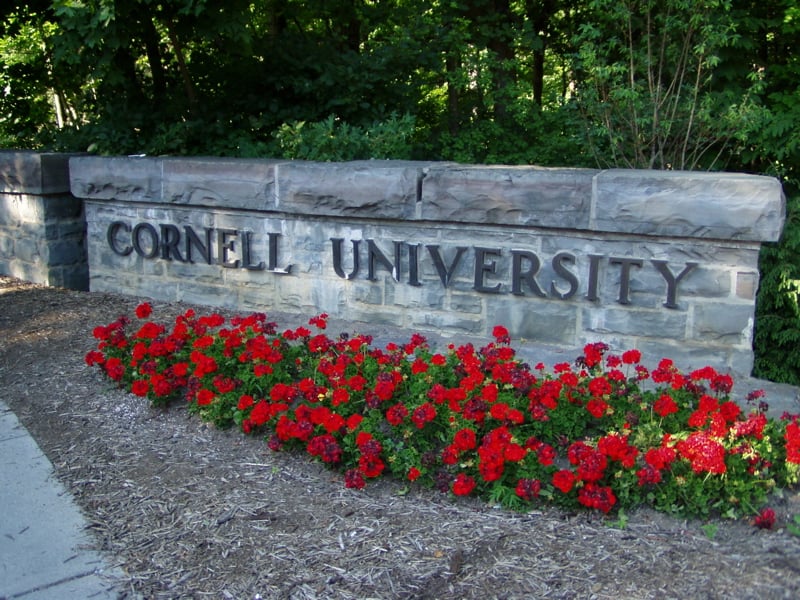One may say we came face-to-face with evil. Two months ago, a Cornell student named Patrick Dai claimed he would bring an “assault rifle to campus and shoot all you pig jews.” His vile anti-Semitic threats were so serious that New York Governor Kathy Hochul and the FBI came to campus. Dai will now, in turn, come face-to-face with the law.
Login to read more
Sign in or create a free account to access Subscriber-only content.
